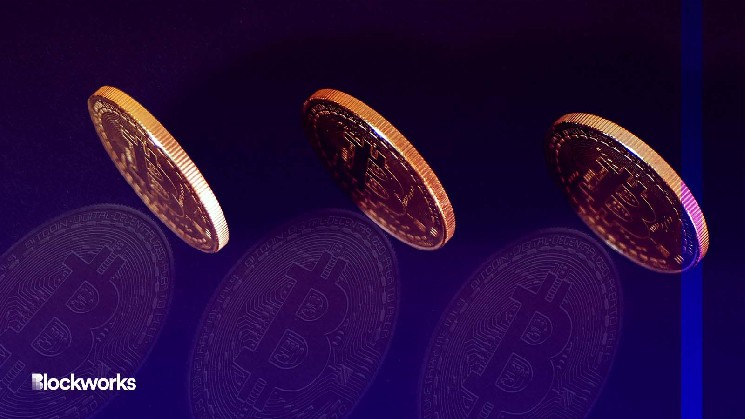Crypto Transparency Top of Mind for Institutional Investor Execs

About three-quarters of surveyed institutional investors plan to move more toward DeFi in 2023 in an effort to ensure asset transparency after the crash of various centralized crypto firms last year.
The study, conducted by blockchain-based finance firm Avantgarde, polled 50 US institutions with a minimum of $5 million invested in crypto. Two-thirds of the respondents have at least $50 million in assets under management.
About half of the institutions said demonstrating proof of reserves would influence how they allocate to crypto, while 62% said being able to retain control of assets, or private keys, would affect that decision.
In all, 53% of C-suite executives cited “ensuring asset transparency” as a deciding factor in how they invest in the space.
This priority from leaders in the space comes after a year capped off by the bankruptcy of crypto exchange FTX. While competing exchanges rushed to offer proof-of-reserves reports following the company’s collapse, industry participants told Blockworks, many leave much to be desired.
“The rails that traditional finance currently runs on are slow, complex and, in many cases, archaic,” Avantgarde CEO Mona El Isa said in a statement. “We truly believe that the value proposition of DeFi and the blockchain — its transparency, auditability, composability, permissionless nature and options for self-custody — will make the heritage financial model obsolete.”
Read more: What Is Proof of Reserves and Can It Build Back Trust?
Despite a willingness to move more toward decentralization, DeFi-native asset management professionals will be necessary going forward, respondents agreed.
Though 62% of respondents say blockchain-based asset management software is “more attractive” today than it was 12 months ago, about 70% of polled chief financial officers say finding “a qualified and experienced” DeFi asset manager is crucial.
The survey comes as various financial services giants have touted the use case of blockchain technology, particularly tokenization.
A survey by BNY Mellon in October found that 70% of institutional investors would increase their digital asset activity if services like custody and execution are available from recognized, trusted institutions. The study also indicated that 91% are interested in investing in tokenized products.
An executive at banking titan State Street told Blockworks last year that using distributed ledger technology to tokenize funds and private assets would be a major focus in 2023. Larry Fink, CEO of asset manager BlackRock, said in November he believes tokenization of securities is “the next generation for markets.”






 Bitcoin
Bitcoin  Ethereum
Ethereum  Tether
Tether  USDC
USDC  Dogecoin
Dogecoin  TRON
TRON  Cardano
Cardano  Chainlink
Chainlink  Bitcoin Cash
Bitcoin Cash  LEO Token
LEO Token  Stellar
Stellar  Litecoin
Litecoin  Hedera
Hedera  Monero
Monero  Dai
Dai  OKB
OKB  Cronos
Cronos  Ethereum Classic
Ethereum Classic  Gate
Gate  VeChain
VeChain  Cosmos Hub
Cosmos Hub  Algorand
Algorand  KuCoin
KuCoin  Stacks
Stacks  Tether Gold
Tether Gold  Zcash
Zcash  Theta Network
Theta Network  IOTA
IOTA  Tezos
Tezos  TrueUSD
TrueUSD  NEO
NEO  Ravencoin
Ravencoin  Polygon
Polygon  Decred
Decred  Dash
Dash  Zilliqa
Zilliqa  Qtum
Qtum  Synthetix Network
Synthetix Network  0x Protocol
0x Protocol  Basic Attention
Basic Attention  Siacoin
Siacoin  Holo
Holo  DigiByte
DigiByte  Status
Status  Enjin Coin
Enjin Coin  Nano
Nano  Ontology
Ontology  Hive
Hive  Waves
Waves  Lisk
Lisk  Pax Dollar
Pax Dollar  Steem
Steem  Numeraire
Numeraire  BUSD
BUSD  NEM
NEM  Huobi
Huobi  OMG Network
OMG Network  Bitcoin Gold
Bitcoin Gold  Ren
Ren  Bitcoin Diamond
Bitcoin Diamond  Augur
Augur  HUSD
HUSD